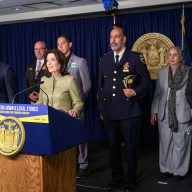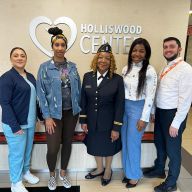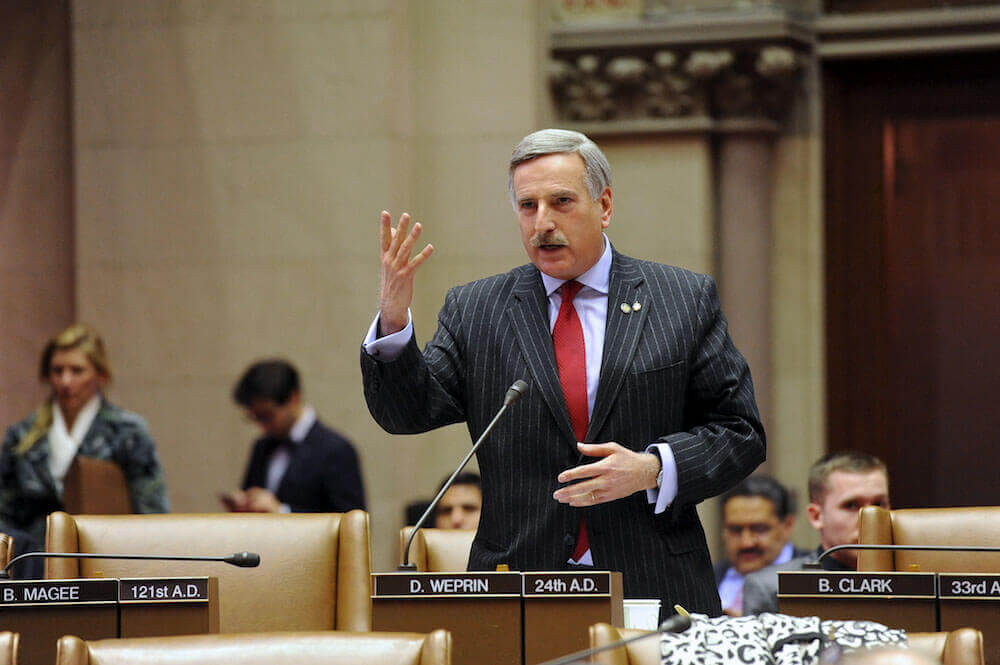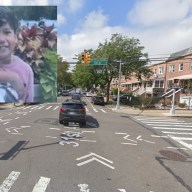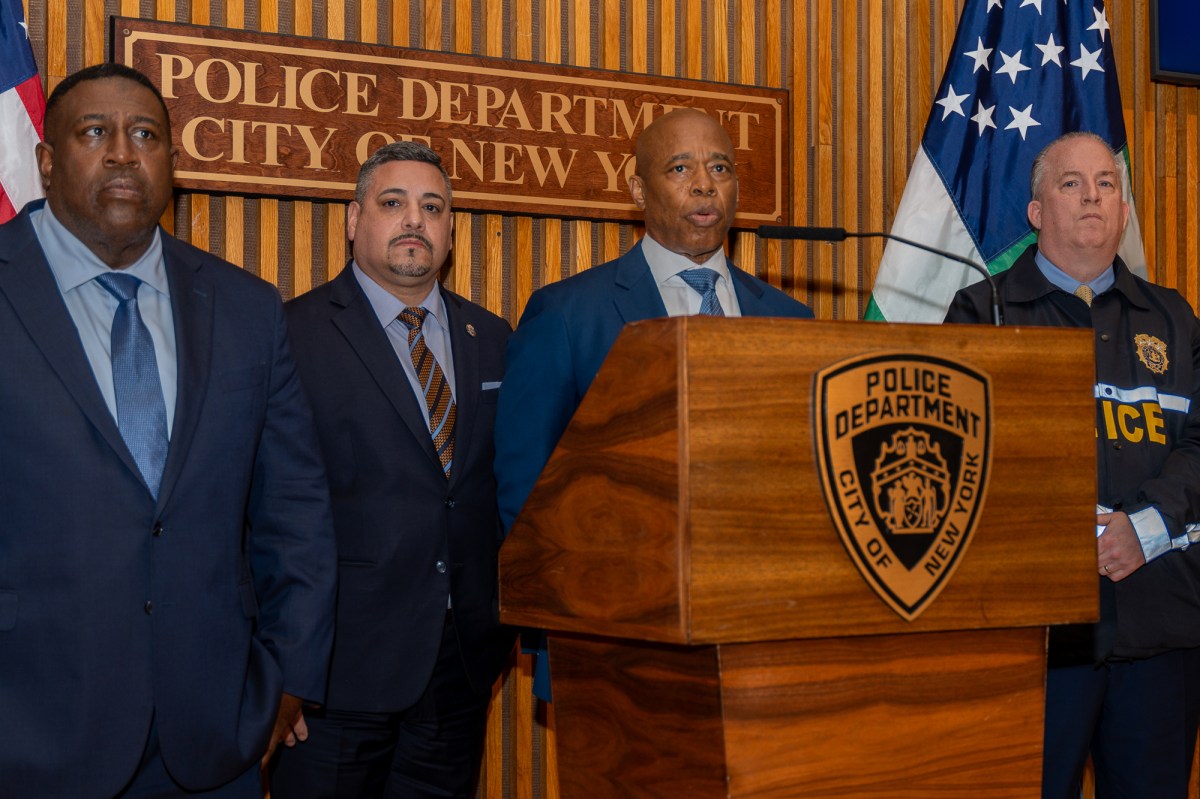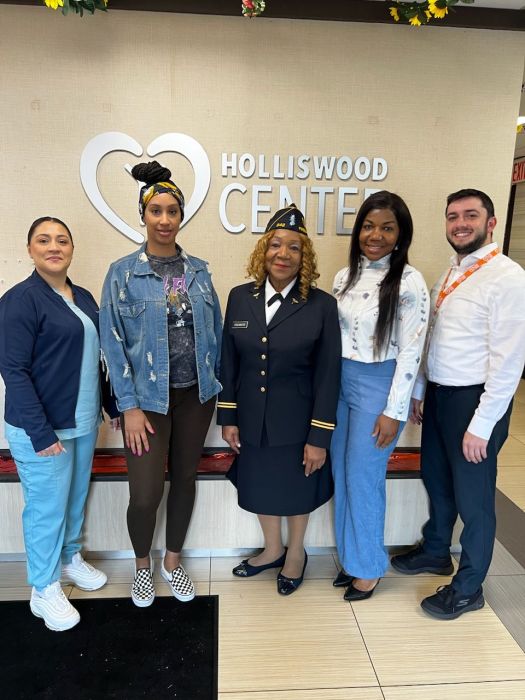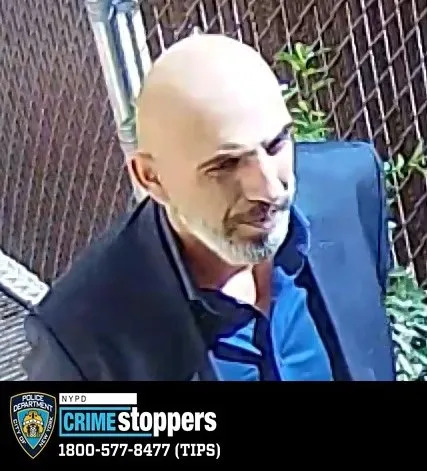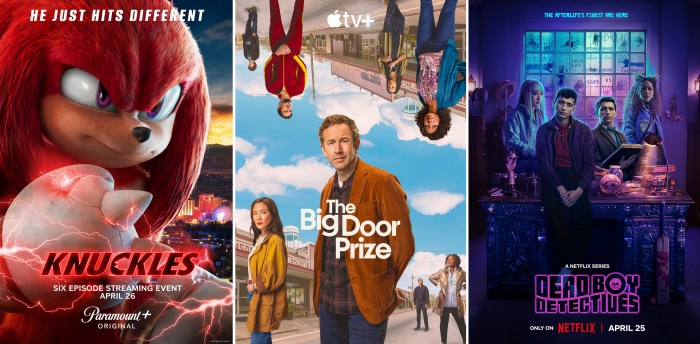By Chris Fuchs
When the discussion began, the issue before Community Board 7 was whether to allow the Boys Club of America to construct a new three-story facility on 41st Avenue. When it ended, the issue had evolved in part into one about whether it was fair to exclude women from its membership.
During a recent meeting, concerns about the Boys Club’s policy of excluding women were raised by Day Starr Chou, the wife of Evergreen Chou, one of the nine candidates for the city council seat in Flushing. It drew momentary applause, mostly from women, and sheepish laughter. And then the issue appeared to die.
But when it was time to vote, a board member raised the issue anew, prompting John Liu, another candidate for the Flushing council seat and a board member himself, to interject and say that the club’s male-only enrollment policy was not related to its request to build a new facility.
Ultimately, the board voted unanimously in favor of approving the club’s request. But the brief exchange of views between two candidates illustrated the overlap that often exists between the agendas of civic activists and office seekers.
With Election Day less than seven months away, the eight council candidates for the seat in Flushing, held by a term-limited Julia Harrison, have managed to steer clear of the caustic rhetoric that can erupt in a political race. Some use the community board as a forum to advance their candidacies, particularly those with little money in their campaign coffers to issue press releases, buy advertising or distribute extensive literature. Others have a history of being civic activists and maintain that they are simply doing what they have always done: advocate on behalf of the community.
Many of the candidates who are not on Community Board 7 — including Ethel Chen, Evergreen Chou, Paul Graziano, Richard Jannaccio, Martha Flores-Vazquez — do attend the meetings, especially when an issue is discussed that fits into their campaign platform.
And for those who are underfinanced, the three minutes that they are given to speak can serve as a tool to amplify — and clarify — their positions on issues that affect the community and the constituents they seek to represent.
“That’s one of the venues I use,” Chou said, “especially on issues that concern me. This is where the hardcore issues get discussed.” Chou, a Green Party candidate, said he benefits from such meetings since he does not have the wherewithal to purchase advertisements or print literature.
Liu, a council candidate who does have the wherewithal after raising more than $120,000, said he has never used the board to stump for support. Still, he finds nothing wrong with those candidates who do.
“I think it’s a positive thing to the extent that they have something important to say,” said Liu, a Community Board 7 member since last April. “Certainly, the community board should not be excluded as a means of getting their message out.”
At present, there are three city council candidates who are members of Community Board 7: Adrian Joyce, Liu and Terence Park. In interviews, two of the members acknowledged that their role on the board has manifest advantages. For one thing, it automatically puts a spotlight on what position, if any, they have taken on community issues, some of which are controversial.
“I’m on different projects and people simultaneously know I’m running for the Council,” said Joyce, the former chairman of Community Board 7 and a board member since 1994. “It’s a way for people to look at me and see if I’m the person who can get the job done.”
Sitting on the board also provides an education in city laws like arcane zoning regulations, some candidates said, a perpetual source of debate in Flushing since the current framework, particularly in the downtown district, thwarts development.
“Just by being a member, you do develop a certain amount of expertise in city matters,” Liu said. “At least implicitly, it will help me in doing the job as a council member.”
Admittedly, many candidates rely on reporters to slip a mention or two about their campaigns into their stories. And since members of the media regularly attend meetings of Community Board 7, a candidate’s speaking out on an issue can deliver such exposure.
“I go there when there is a big concern in the community,” said Flores-Vazquez. “I show up and make my speeches. Sometimes I sign in, and I take a look around.”
But Flores-Vazquez said the board meetings should not be used as a forum for campaign rhetoric. “You do not use a government facility as part of your platform,” she said. “It’s a place where it is supposed to be non-partisan.”
Jannaccio, who regularly attends the meetings and usually signs up for public participation, said it was clear that certain candidates were using the meetings for these purposes.
“I generally use it as a forum to influence the community board on an issue or during the public participation segment to get the district manager to address a problem,” he said. “But I don’t see myself using it any differently now than when I wasn’t a candidate.”
Joyce agreed. “I’ve been on the board for the right reasons, because it was the right thing to do,” he said. “It will be interesting to see after the election how many of those same people stand up and speak out.”
Reach reporter Chris Fuchs by e-mail at Timesledgr@aol.com or call 229-0300, Ext. 156.







